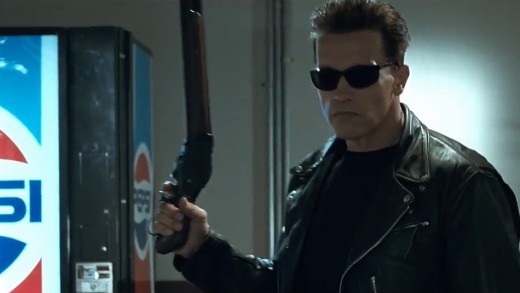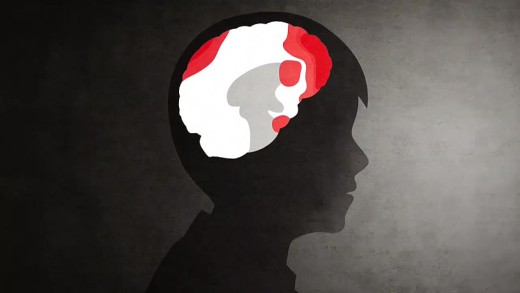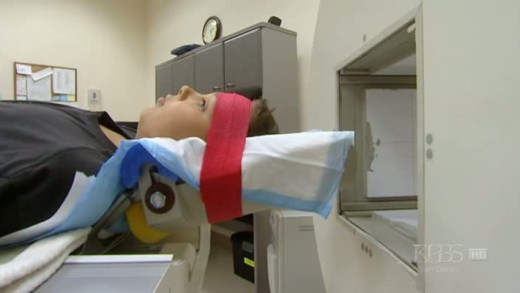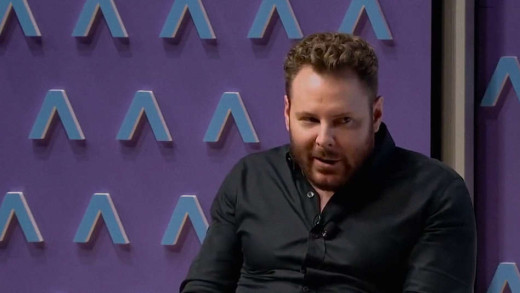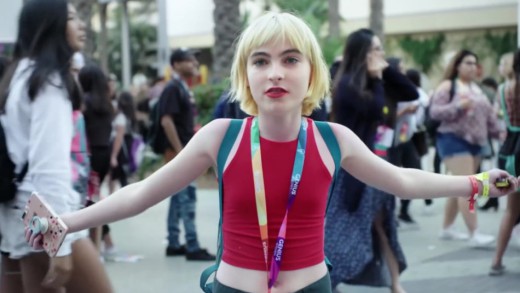The Illusionists examines how global advertising firms, mass media, and the beauty, fashion, and cosmetic-surgery industries have together colonised the way people all around the world define beauty and see themselves. Taking us from Harvard to the halls of the Louvre, from a cosmetic surgeon's office in Beirut to the heart of Tokyo's Electric Town, The Illusionists shows how these industries saturate our lives with narrow, Westernised, consumer-driven images of so-called beauty that show little to no respect for biological realities or cultural differences. Featuring voices from prominent sociologists, magazine editors, scientists, artists, and activists, The Illusionists documents a truly global phenomenon, with hegemonic results.
By addressing the question of violence and the media from a number of different angles, The Killing Screens presents a comprehensive view on how to think about the effects of the media environment in new and complex ways. In contrast to the relatively simplistic behaviourist model, that "media violence causes real-world violence," renowned media scholar and researcher George Gerbner shows us how to think about the psychological, political, social, and developmental impacts of growing up and living within a cultural environment of pervasive violent imagery and narratives. What are some of the impacts of this culture and what can be done about it?
The Mask You Live In unpacks how this culture's narrow and harmful definition of masculinity effects boys, young men; girls and women; and society in general in myriad ways, as our children struggle to stay true to themselves when confronted by this culture. Pressured by their peer group, heavily influenced by a barrage of media messages, and even their very own parents and other adults in their lives, our protagonists confront messages encouraging them to disconnect from and suppress their emotions, devalue authentic friendships, objectify and degrade women, and resolve conflicts through violence, control and manipulation. These traits and stereotypes closely interconnect with problems of race, class, and circumstance, creating a maze of identity issues boys and young men must navigate to become "real" men as the culture expects and perpetuates. Experts in neuroscience, psychology, sociology, sports, education, and media also weigh in, offering empirical evidence of how these issues intersect, and what we can do about it.
The Medicated Child confronts psychiatrists, researchers and government regulators about the risks, benefits and many questions surrounding psychotropic drugs for children. The biggest current controversy surrounds the diagnosis of bipolar disorder. Formerly called manic depression, bipolar disorder was long believed to only 'apply to adults', but in the mid-1990s 'bipolar disorder in children' began to be diagnosed at much higher rates, sometimes in children as young as 4 years old...
The myths of globalisation have been incorporated into much of our everyday language. "Thinking globally" and "the global economy" are part of a jargon that assumes we are all part of one big global village, where national borders and national identities no longer matter. But what is globalisation? And where is this global village? In some respects you are already living in it. The clothes in your local store were probably stitched together in the factories of Asia. Much of the food in your local supermarket will have been grown in Africa...
The Porn Factor takes viewers on a journey of discovery, from regional and urban Australia to the centre of the international porn industry in Los Angeles and back. Through candid interviews with young people, pornstars, and other industry professionals, The Porn Factor explores how pornography is shaping young people’s sexual expectations and experiences. Readily available and aggressively marketed online, exposure to hardcore pornography is now mainstream. The classroom or parent talk is now no match for porn--with its endless array of gyrating bodies, offering a quick, easy and anonymous sexual charge. Porn has become the default sexuality educator for young people growing up online. It brings into compelling focus the 21st century challenges faced by parents, schools and others as they seek to equip young people for a sexuality that is safe, respectful and fully consenting.
The Social Dilemma brings together former product directors and designers of Facebook, Google, Instagram, Pintrest, Twitter, and so on, to reflect on their creations and face questions about the age of addiction, information manipulation, and algorithmic social control they've ushered in. The creators speak openly about how they themselves took part in this co-optation of society, either naively or with malignant indifference, by designing websites in such a way to influence and manipulate billions of people for corporate interests by using deep psychological and addictive triggers in the human mind. Detailed explanations about how this can play out in the real world are illustrated through dramatisations, which are also expanded upon by experts in psychology, technology, and social studies. The result is a sobering call for emergency damage control, to undo the massive harm that technology companies have unleashed on society unrestrained for the past several decades, at a time of rapid social unravelling.
UnSlut
In 2013, seventeen-year-old Rehtaeh Parsons took her own life. She had been gang-raped a year and a half earlier by her classmates and labeled a "slut" as a result. Despite transferring schools many times, she could not escape constant online harassment and in-person bullying. But Rehtaeh's story is horribly not the only one like this to make headlines in recent years. Why is the sexual shaming of girls and women, especially sexual assault victims, still so prevalent throughout this culture? UnSlut tackles this question through a series of conversations with those who have experienced sexual shaming and how it manifests, while also offering immediate and long-term goals for personal and institutional change.
At the turn of the millennium, a group of eleven girls aged 8 to 16 from a variety of socio-economic backgrounds were interviewed about their views on media culture and its impact on their lives. Their insightful and provocative responses reveal how the attitudes and expectations of young girls are influenced by a saturated media culture. Using excerpts culled from a typical week of television broadcasting alongside the interviews, What a Girl Wants aims to provoke debate about the effects of media culture and, ideally, act as a catalyst for change in media content.
After many experiments with cloning and genetically manipulation on other species, technology and genetic science is now turning to the frontier of the human. Every parent wants their child to be healthy, but does this extend to picking their genes for them? What about those who are unable to have children naturally for whatever reason, who turn to artificial insemination or genetic modification? Is this designing children? What are the repercussions in a world dominated by genetically modified people? Will we evolve into a new species and transcend our history to one of inclusion and harmony? Or, will we simply end up in a world that is further divided -- by genetic apartheid?
YouTube, owned by Google, has become one of the most powerful online media platforms in the world, fast to be replacing the viewership of television with over 30 billion hours watched per month in 2017. Young people flock to the platform in the hopes of fame and fortune, which comes for a select few, but not all, hence the allure to 'make it.' YouTube celebrities are now mainstream celebrities. The result is troves competing to live their lives as monetised open-wounds for the corporate platform, constantly pleading for subscribers, attention and engagement, all at the hands of Google, its secret algorithms, and the screen culture of spectacle, pornography, and targeted advertising. On both sides of the screen, the treadmill is all about keeping the ad dollars constantly rolling. YouTube, YouTubers and You offers a glimpse into this new media and advertising world, pondering how this culture may continue to undermine our future media and informational landscape. What sort of people and world is this culture creating and perpetuating?

